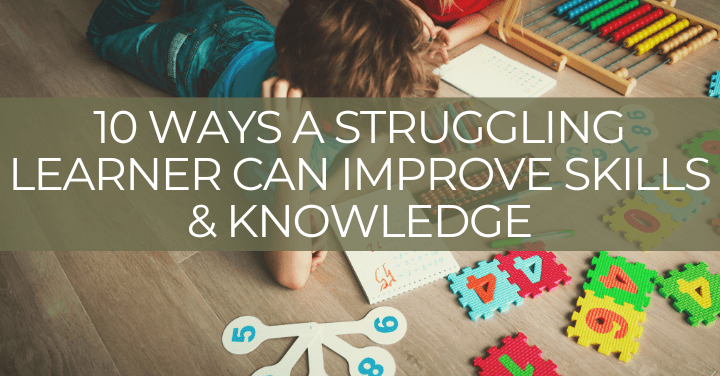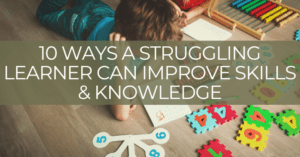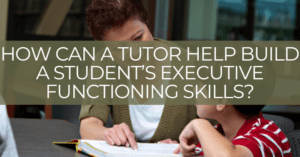If your child is having a tough time in school — whether it’s falling behind in math, struggling to read fluently, or missing key executive functioning skills — you’re not alone. Many bright, capable students struggle in traditional classrooms that aren’t designed for how they learn best.
The good news? With the right strategies and support, struggling learners can build both the academic skills and confidence they need to thrive.
Here are 10 research-backed, parent-approved ways to help your struggling learner grow.
1. Start with a Clear Baseline
Before jumping into tutoring or buying more workbooks, start by identifying your child’s true academic starting point. A diagnostic assessment or full academic screening can help highlight strengths, skill gaps, and root causes of struggle — so you can build the right plan, not just guess.
2. Focus on Skills, Not Grades
Struggling learners often feel defeated by test scores or report cards. Shift the focus toward skill-building and growth over time. Celebrate when your child masters multiplication facts, finishes a book, or organizes their backpack — these wins matter.
3. Build Executive Functioning Strategies
Organization, time management, task initiation, and follow-through — these “hidden” learning skills are often the missing link. Teaching your child how to break tasks down, use visual reminders, and build routines can reduce frustration and boost independence.
4. Practice in Short, Frequent Sessions
For struggling students, short bursts of targeted practice (15–30 minutes) can be more effective than long homework marathons. Daily momentum builds retention and reduces burnout.
5. Use Multi-Sensory Learning
Whether your child is a hands-on learner or has a learning difference like dyslexia or ADHD, multi-sensory methods work. Reading with visuals, writing in sand, color-coding math problems — these approaches improve memory and engagement.
6. Explicitly Teach Study Skills
Don’t assume your child knows how to study. Teach them how to summarize information, use flashcards, self-test, and space out review over time. These are not just academic tools — they’re lifelong learning strategies.
7. Create a Distraction-Free Work Space
A quiet, organized study area can make a huge difference in your child’s focus and productivity. Minimize visual and auditory distractions, provide clear materials, and add a visual schedule if needed.
8. Partner with a Tutor or Learning Specialist
A great tutor doesn’t just “go over homework” — they teach the skill, model the process, and adapt the lesson to your child’s pace and learning style. One-on-one instruction is especially powerful for closing gaps and rebuilding confidence.
9. Use Technology Wisely
Educational apps, text-to-speech tools, and digital planning platforms can support learning — when used with intention. Ask your tutor or school which tools might best support your child’s needs, and use them to supplement, not replace, real teaching.
10. Focus on Confidence First
Struggling learners often internalize the message that they’re “not smart.” Helping them unlearn that belief is just as important as academic support. Encourage a growth mindset, celebrate effort, and talk about progress in ways that affirm their ability to improve.
Final Thought
Every child learns differently — and struggling doesn’t mean they can’t succeed. With the right tools, consistent support, and encouragement, students can not only close gaps but build lifelong learning skills that set them up for success far beyond the classroom.
👉 Contact us to learn how Thrive supports struggling learners through personalized, 1:1 academic tutoring.





